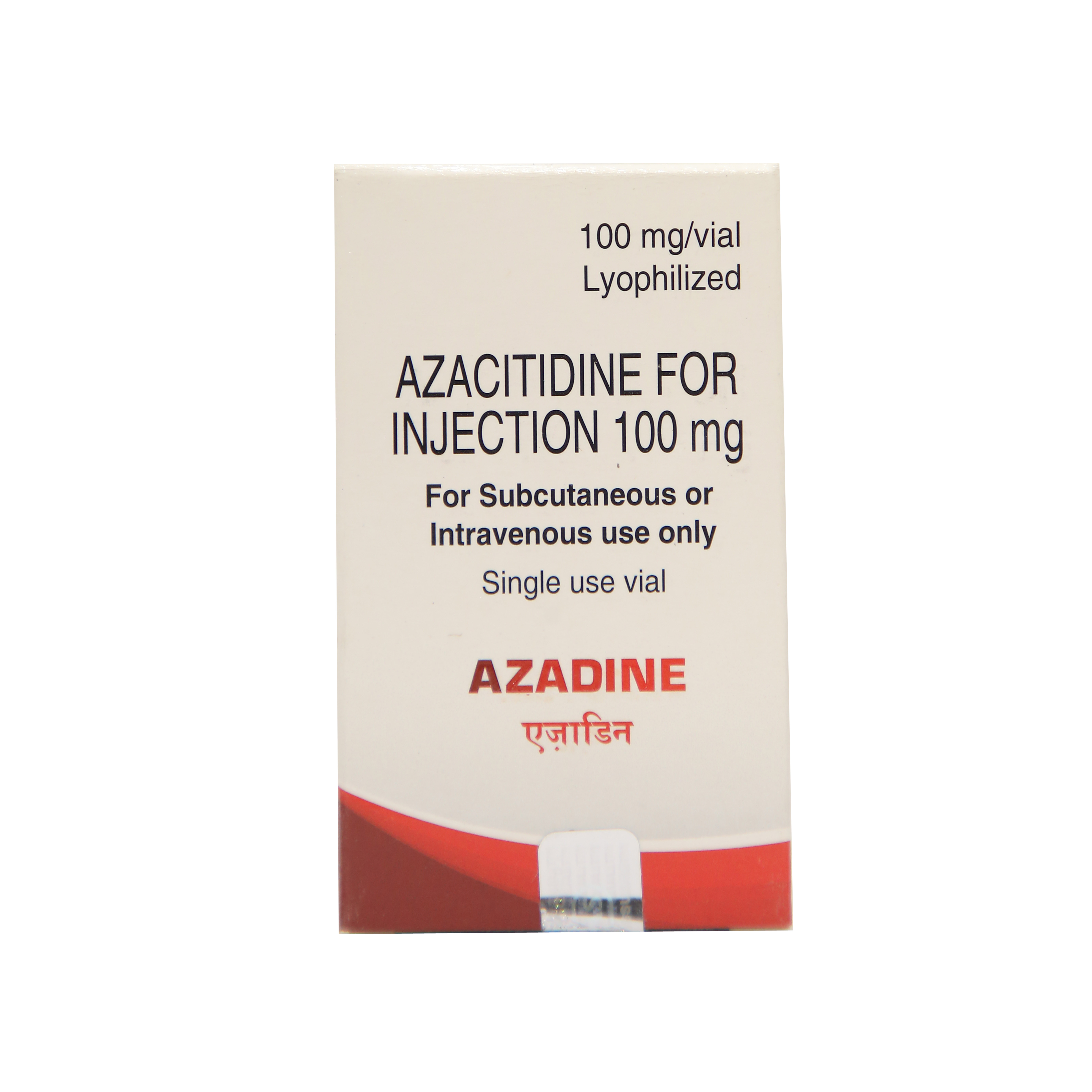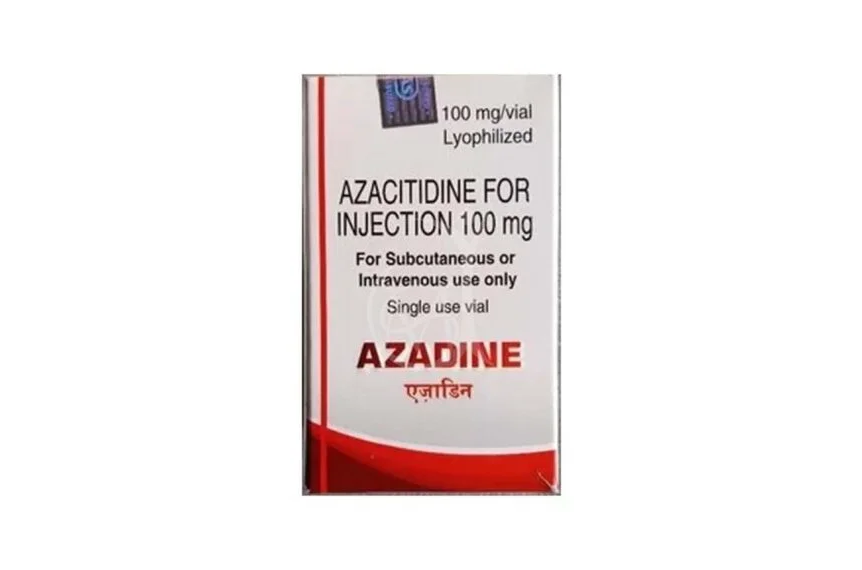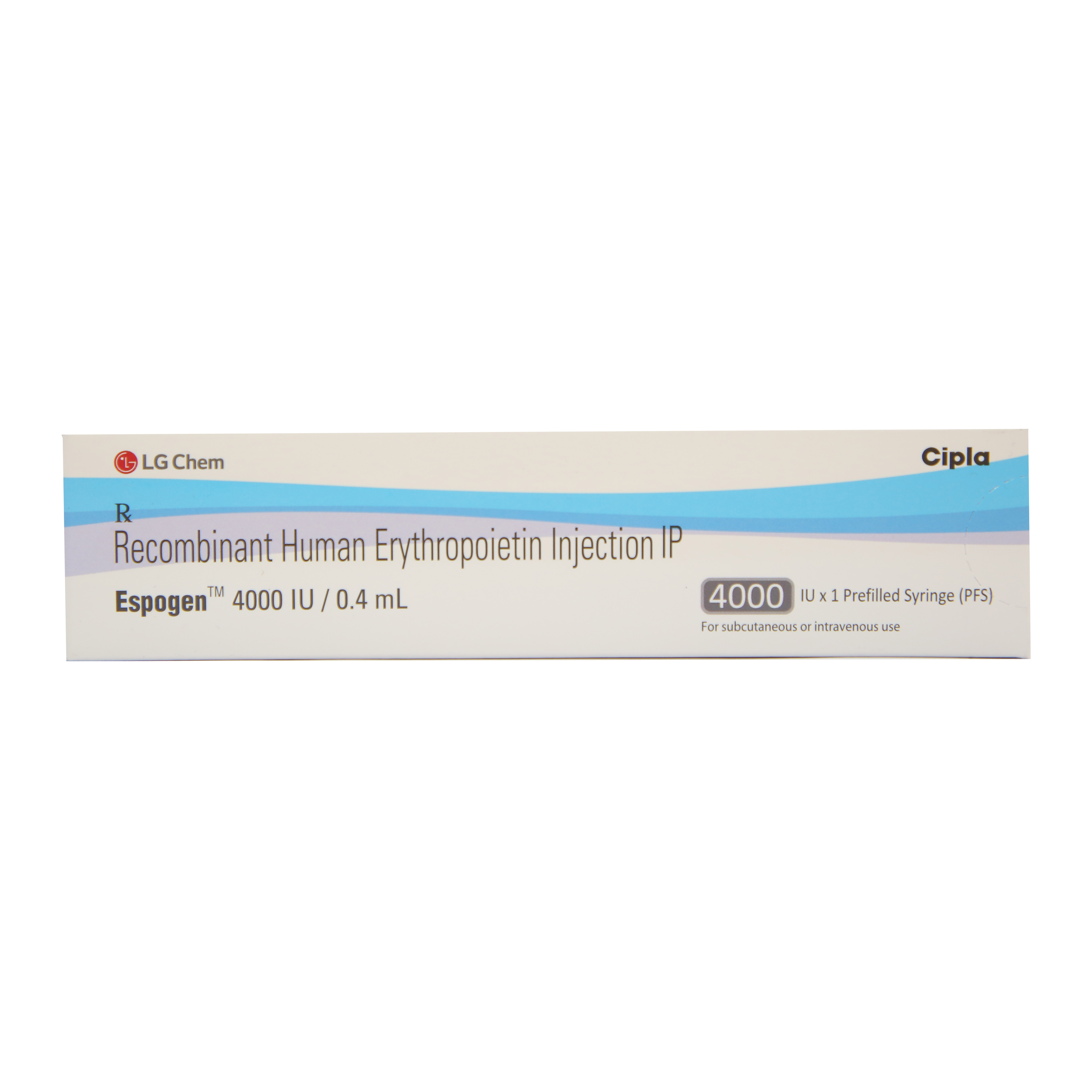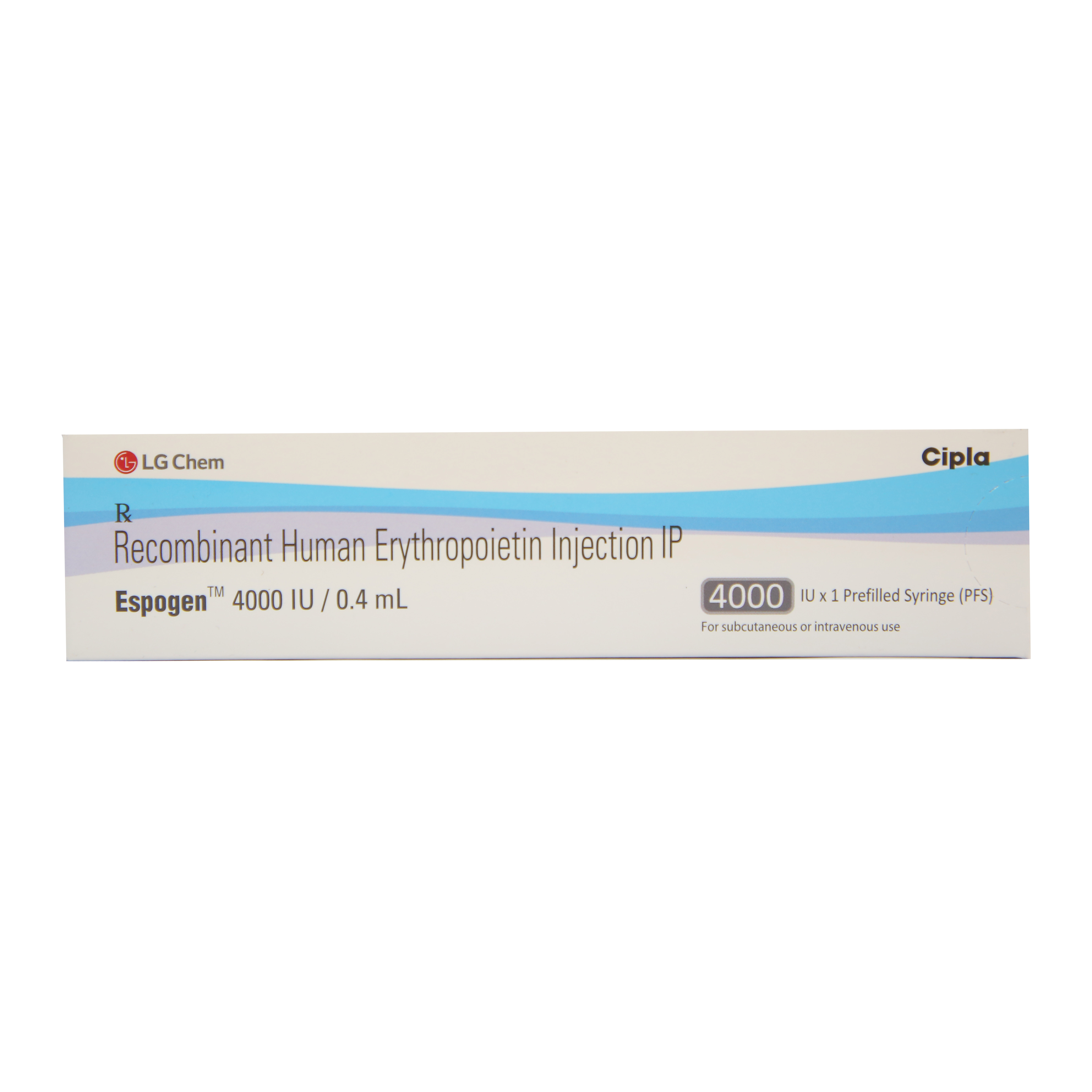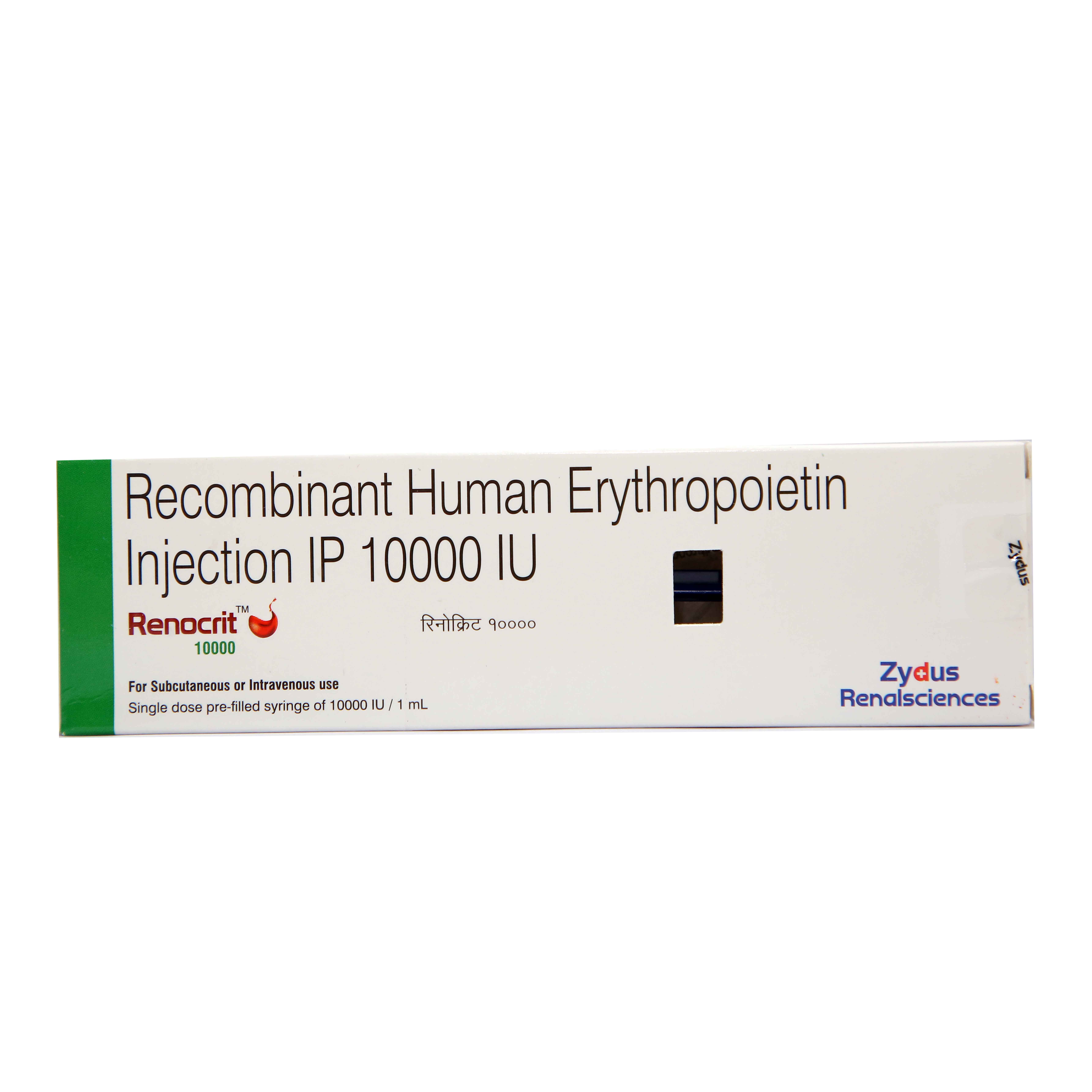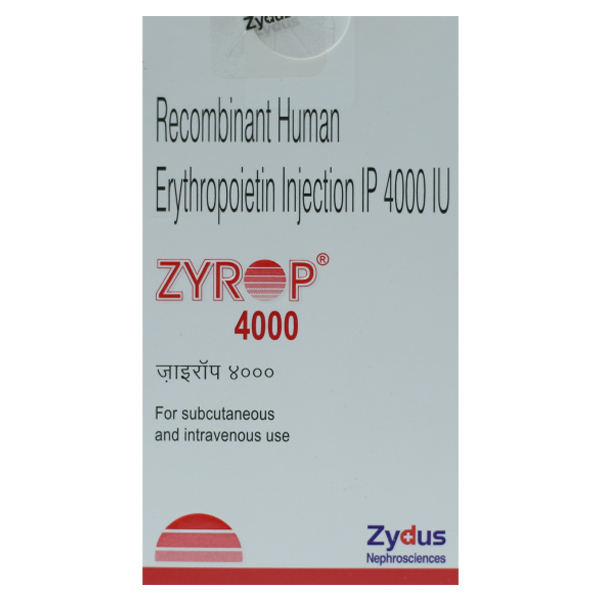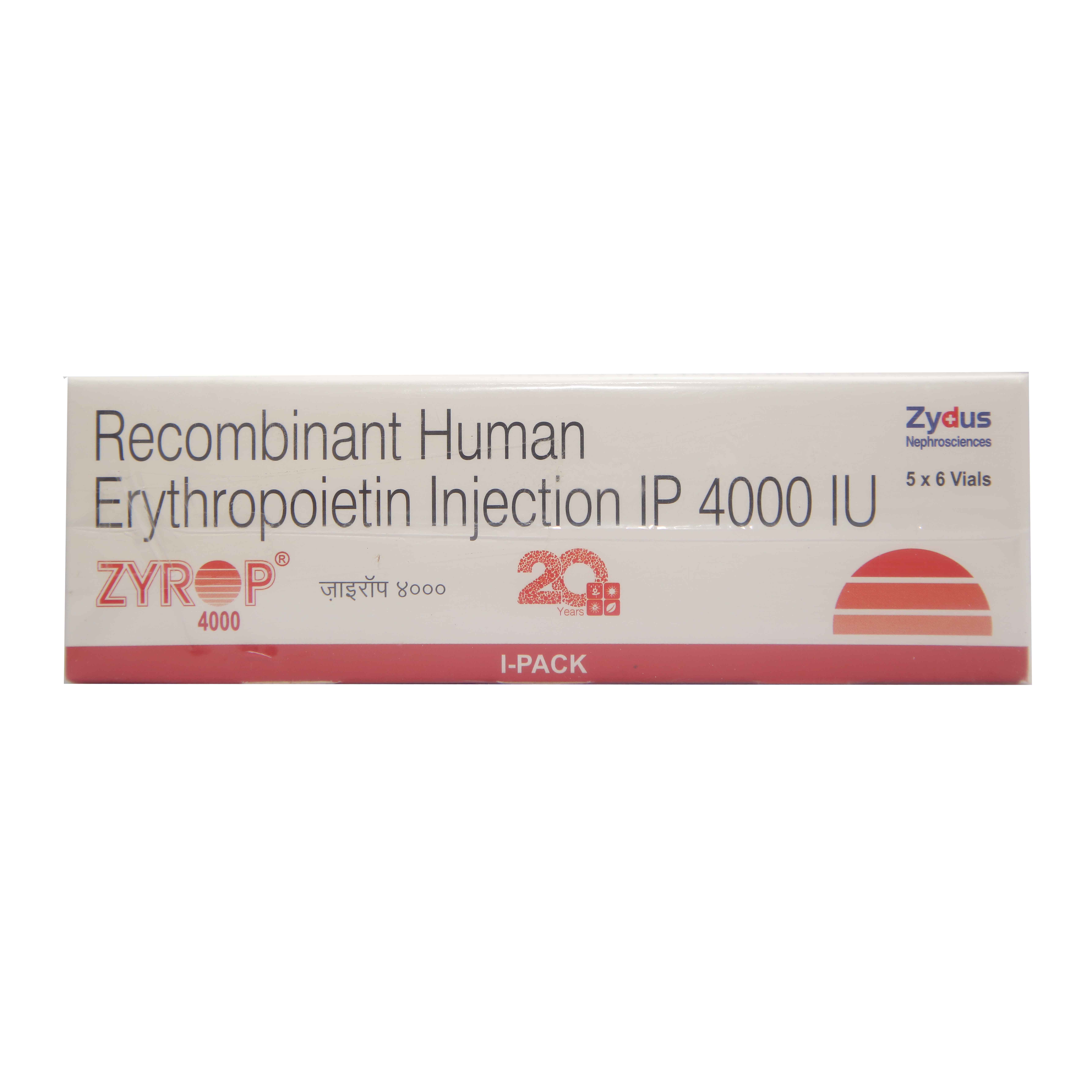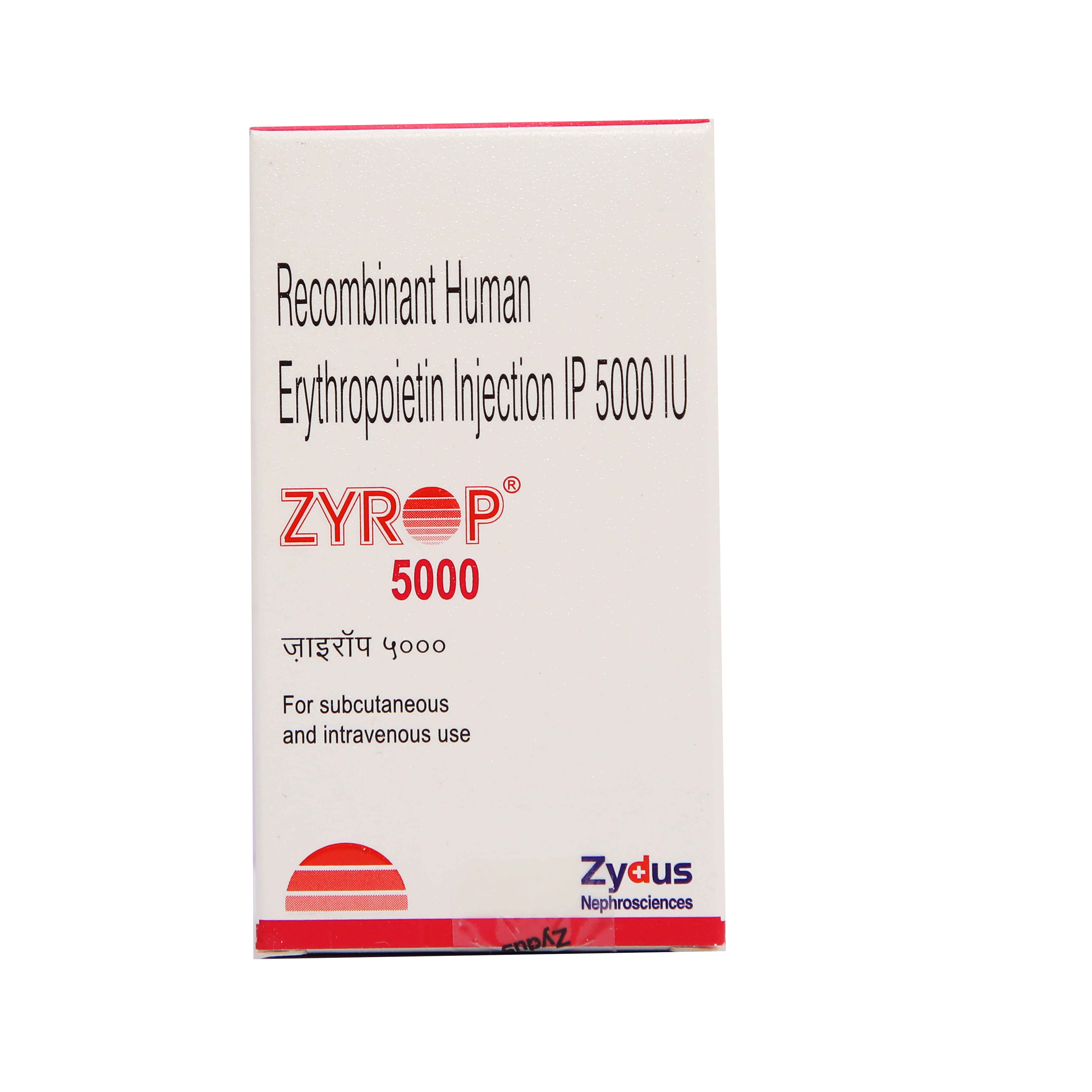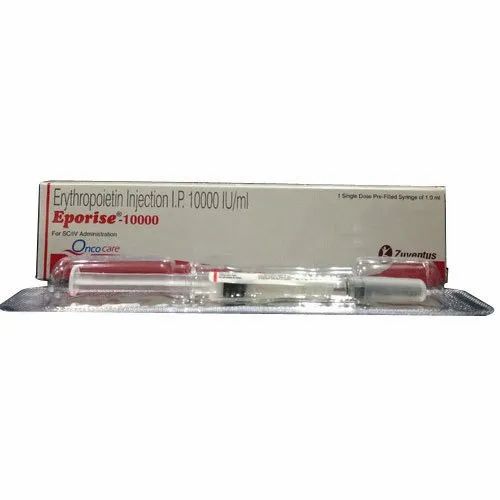Azadine Injection is used in the treatment of some kinds of blood cancer. It is used for the treatment of adult patients with all subtypes of Myelodysplastic Syndrome (MDS). It may be also used to treat other conditions, as determined by the doctor. Azadine Injection is given as an injection under the medical supervision of a doctor. Your doctor will decide what dose is necessary and how often you need to take it. This will depend on what you are being treated for and may change from time to time. You should take it exactly as your doctor has advised. Taking it in the wrong way or taking too much can cause very serious side effects. It may take several weeks or months for you to see or feel the benefits but do not stop taking it unless your doctor tells you to. The most common side effects of this medicine include injection site reactions (pain, swelling, redness), vomiting, weakness, and nausea. If these bother you or appear serious, let your doctor know. There may be ways of reducing or preventing them. You must inform your doctor before taking any vaccination while on treatment with this medicine. Regular blood tests are required to check your blood cells along with the heart, liver, and kidney.
Send Message